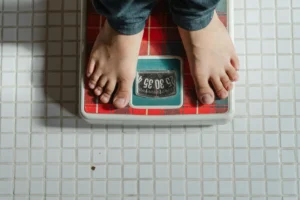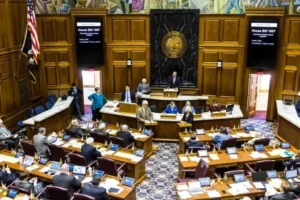Iranian authorities arrested Italian journalist Cecilia Sala in Tehran on December 19, detaining her in solitary confinement for a week. Sala, 29, a war correspondent for Il Foglio and Chora Media, held a regular journalist visa during her assignment in Iran.
Her reporting focused on the changing regional dynamics after Syria’s Assad regime fell. The Italian foreign ministry announced her arrest on Friday, emphasizing coordinated diplomatic efforts to resolve her detention.
Tehran’s infamous Evin prison, where Sala is being held, has long faced criticism for harsh conditions and security-related detentions. Italy’s foreign minister, Antonio Tajani, confirmed Sala’s “good health” following her embassy-arranged prison visit.
However, her detainment raised alarms internationally, with Chora Media demanding Sala’s immediate release. “The independent voice of Cecilia has been silenced. Italy and Europe cannot tolerate this arbitrary arrest. Cecilia Sala must be immediately released,” the company stated.
Sala’s arrest has fueled calls for Italy’s government to intervene urgently. Opposition leader Elly Schlein urged diplomatic action, declaring, “We immediately call on the government to take every useful initiative to shed light on this matter.”
However, Iranian authorities have not publicly acknowledged the arrest, a delay typical in similar cases. With nearly 500,000 Instagram followers, Italian Journalist Cecilia Sala remains a prominent media figure, having covered global crises, including Afghanistan’s Taliban resurgence and the war in Ukraine.
Advocacy for Sala’s freedom continues as her arrest spotlights the risks journalists face in Iran, notorious for leveraging detained foreign nationals as diplomatic bargaining chips. Italy remains engaged with Tehran to ensure Sala’s safe return home.










